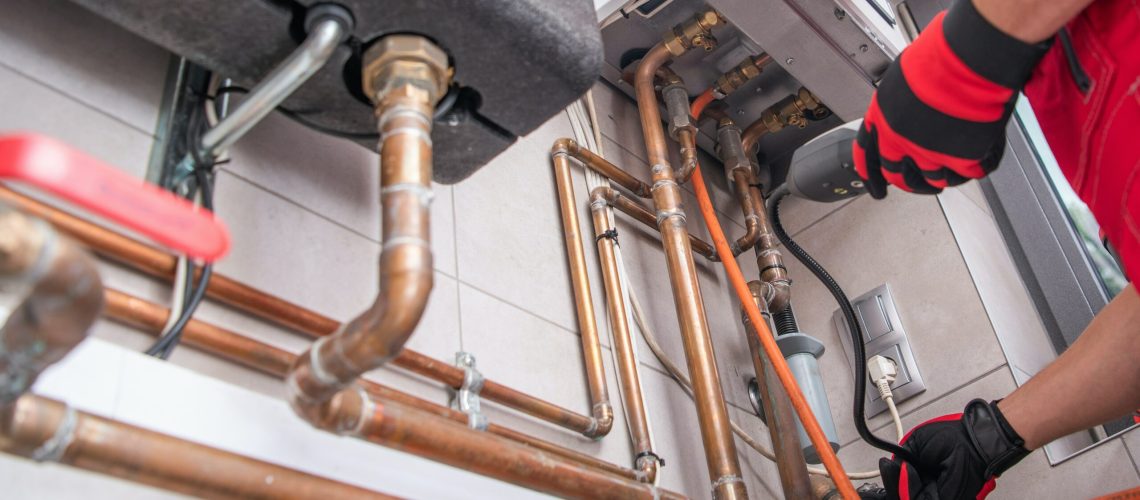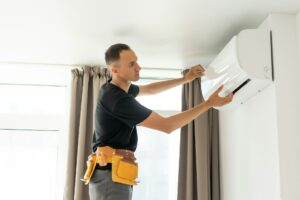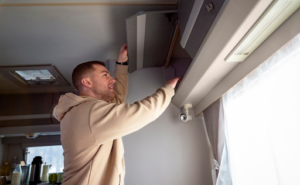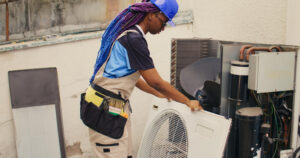Menu

What’s Included in a Plumbing Inspection: All You Need to Know
Plumbing is one of the most essential and complicated systems in your home, and it needs to be in good condition to keep your home functioning comfortably.
A plumbing inspection is an excellent way to ensure your plumbing system is in optimal condition. In this article, we’ll discuss what a plumbing inspection entails and why having a licensed plumber conduct one is crucial.
Why Do You Need a Plumbing Inspection?
A plumbing inspection comprehensively examines your home’s plumbing system, including fixtures, pipes, and appliances. It’s essential to have a licensed plumber conduct a plumbing inspection regularly to prevent potential plumbing problems that can cause damage to your home. Here are some reasons to get a plumbing inspection.
1. Prevent Emergencies
A plumbing inspection can identify potential problems before they turn into emergencies. For example, a plumber can detect a small leak in a pipe and fix it before it turns into a burst pipe that can cause significant water damage.
2. Save Money
Regular plumbing inspections can save you money in the long run. A licensed plumber can identify and fix small problems before they become significant issues requiring costly repairs.
3. Increase Your Home’s Value
A well-maintained plumbing system can increase your home’s value. If you plan to sell your home, a plumbing inspection can show potential buyers that your home’s plumbing is in good condition.
What’s Included in a Plumbing Inspection?
A plumbing inspection is a comprehensive examination of your home’s plumbing system. Here’s what a licensed plumber will check during a plumbing inspection:
1. Pipes
A licensed plumber will inspect your pipes to ensure they’re in good condition. They’ll check for leaks, corrosion, and blockages.
2. Fixtures
A licensed plumber will check all your home’s fixtures, including faucets, showerheads, and toilets, to ensure they function correctly.
3. Water Heater
A licensed plumber will inspect your water heater to ensure it’s in good condition and functioning correctly. They’ll check for leaks, sediment buildup, and other potential issues.
4. Drains
A licensed plumber will check all your home’s drains to ensure they’re free of blockages and functioning correctly. They’ll also check the drain traps to ensure they’re not damaged or clogged.
5. Sewer Line
A licensed plumber will inspect your home’s sewer line to ensure it’s in good condition and functioning correctly. They’ll use a sewer camera to check for any blockages or damage.
6. Water Pressure
A licensed plumber will check your home’s water pressure to ensure it’s not too high or too low. High water pressure can hurt your home’s plumbing system, while low water pressure can signify a more severe issue.
7. Backflow Prevention
A licensed plumber will ensure your home’s backflow prevention device is in good condition and functioning correctly. A backflow prevention device prevents contaminated water from flowing into your home’s water supply.
Conclusion
A plumbing inspection is crucial to maintaining your home’s plumbing system. A licensed plumber can identify potential problems before they become emergencies, save money in the long run, and increase your home’s value.
During a plumbing inspection, a licensed plumber will check your pipes, fixtures, water heater, drains, sewer line, water pressure, and backflow prevention device. It’s essential to have a licensed plumber conduct a plumbing inspection regularly to keep your home’s plumbing system in top shape.
Looking for reliable residential plumbing services? Contact Bromac today and schedule a plumbing inspection with our licensed plumbers. We’ll ensure that your plumbing system is running smoothly and prevent any potential problems. Don’t wait until it’s too late, call Bromac now!


